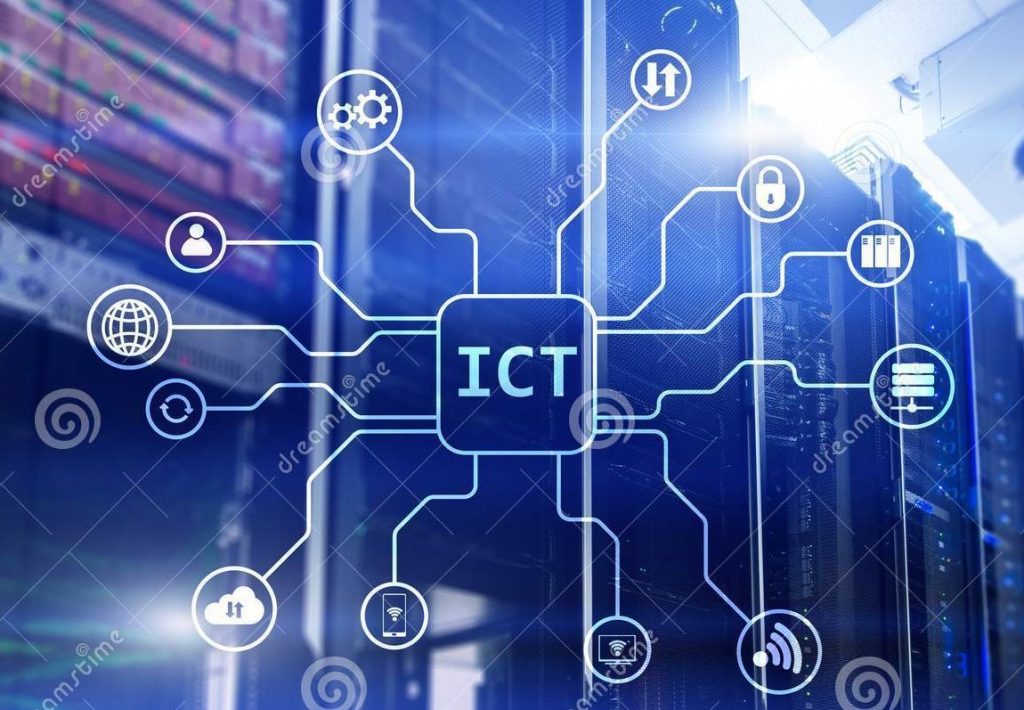In today’s interconnected world, Information and Communications Technology (ICT) plays a pivotal role in shaping our society and driving progress.
This article aims to provide an in-depth understanding of ICT, its significance, and its impact on various sectors. From its definition to its applications, we explore the vast landscape of ICT and shed light on its transformative power.
What is Information and Communications Technology?
Information and Communications Technology, commonly referred to as ICT, encompasses the technologies, devices, and systems that facilitate the storage, retrieval, transmission, and manipulation of data and information.
ICT involves the convergence of various technologies, including telecommunications, computer networks, software development, and multimedia systems.
The Evolution of Information and Communications Technology
Over the years, ICT has undergone a remarkable evolution, transforming the way we communicate, access information, and conduct business.
From the advent of telegraphy to the era of smartphones and cloud computing, ICT has revolutionized our world, making it more interconnected, efficient, and accessible.
Key Components of Information and Communications Technology
Understanding the key components of ICT is essential to grasp its comprehensive nature. These components include hardware, software, networks, and data management systems.
Applications of ICT in Different Sectors
ICT finds applications in various sectors, enhancing productivity, efficiency, and communication. In education, ICT enables e-learning platforms, interactive classrooms, and digital libraries.
healthcare sector, it facilitates telemedicine, electronic health records, and remote patient monitoring. In business, ICT drives e-commerce, enterprise resource planning (ERP), and customer relationship management (CRM) systems.
The Future of Information and Communications Technology
Emerging Technologies: As technology continues to advance, several emerging technologies are poised to shape the future of ICT.
These include artificial intelligence (AI), blockchain, Internet of Things (IoT), virtual reality (VR), and 5G networks.
These innovations will further revolutionize communication, data management, and automation, fostering a more connected and intelligent society.
Challenges and Opportunities in ICT Implementation
While ICT offers immense opportunities, it also presents challenges that must be addressed. Privacy and security concerns, technological infrastructure gaps, and the digital divide are some of the challenges faced in the widespread implementation of ICT.
However, with effective policies, investment, and collaboration, these challenges can be overcome, unlocking the full potential of ICT.
Conclusion
Information and Communications Technology has become an indispensable part of our lives, reshaping the way we work, learn, and interact. Its ability to connect people, streamline processes, and enable innovation has transformed industries and societies worldwide. As we embrace the future, harnessing the power of ICT will be crucial in driving progress and creating a more inclusive and digitally empowered world.
By employing the latest advancements and applications of Information and Communications Technology, we can unlock a realm of possibilities that will propel us further into the digital age, revolutionizing how we live, work, and connect with one another. Let us embrace the potential of ICT and embark on a journey toward a more interconnected and prosperous future.

